If there was one thing I loved about working at the Conservation Council of Ontario, it was the ability to think big. We were a 50+ year old council made up of senior non-governmental organizations across Ontario. It was our job to push the envelope of voluntary action – to be radically pragmatic.
Perhaps the biggest opportunity for change came after the big blackout of August 14th, 2003. The entire province was without electricity for several days, and all of a sudden the word “conservation” was on every politician’s lips.
Two years later, with a strong conservation mandate, the Ontario government launched an “Ontario Conserves” initiative. We responded with our own campaign: “We Conserve”. The message was that we had to “think like a movement” – that conservation was everyone’s responsibility, and that Ontario’s voluntary sector was part of the solution.
And what fun we had. We started with a simple campaign, “Doors Closed,” which provided community groups with posters and literature to canvas local stores and ask them to close the door when running air conditioning.
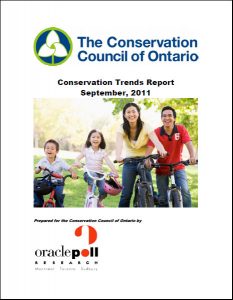 We held an annual Conservation Summit to track Ontario’s progress and to report on Ontario’s conservation trends. Had we been able to continue, we would have built up a valuable record of the change in conserver values over time.
We held an annual Conservation Summit to track Ontario’s progress and to report on Ontario’s conservation trends. Had we been able to continue, we would have built up a valuable record of the change in conserver values over time.
Alas, the government’s interest in conservation waned, to be replaced by the rising concern over climate change. Although conservation remains vital as a climate solution, the interest in branding and marketing conservation died out.
The last major contribution of the We Conserve campaign was a provincial voluntary transition strategy in 2011, “We Conserve: Ontario’s Conservation Strategy.”
The strategy laid out a roadmap for collaboration and voluntary leadership. It still stands as an example of what could actually be accomplished if we all worked together.
If there is one overriding lesson, it is that we need to find ways to resurrect the leadership role of the voluntary sector in charting the path to a sustainable , climate -friendly future.
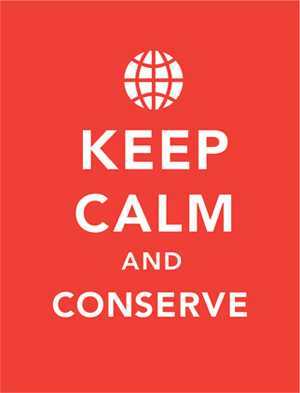
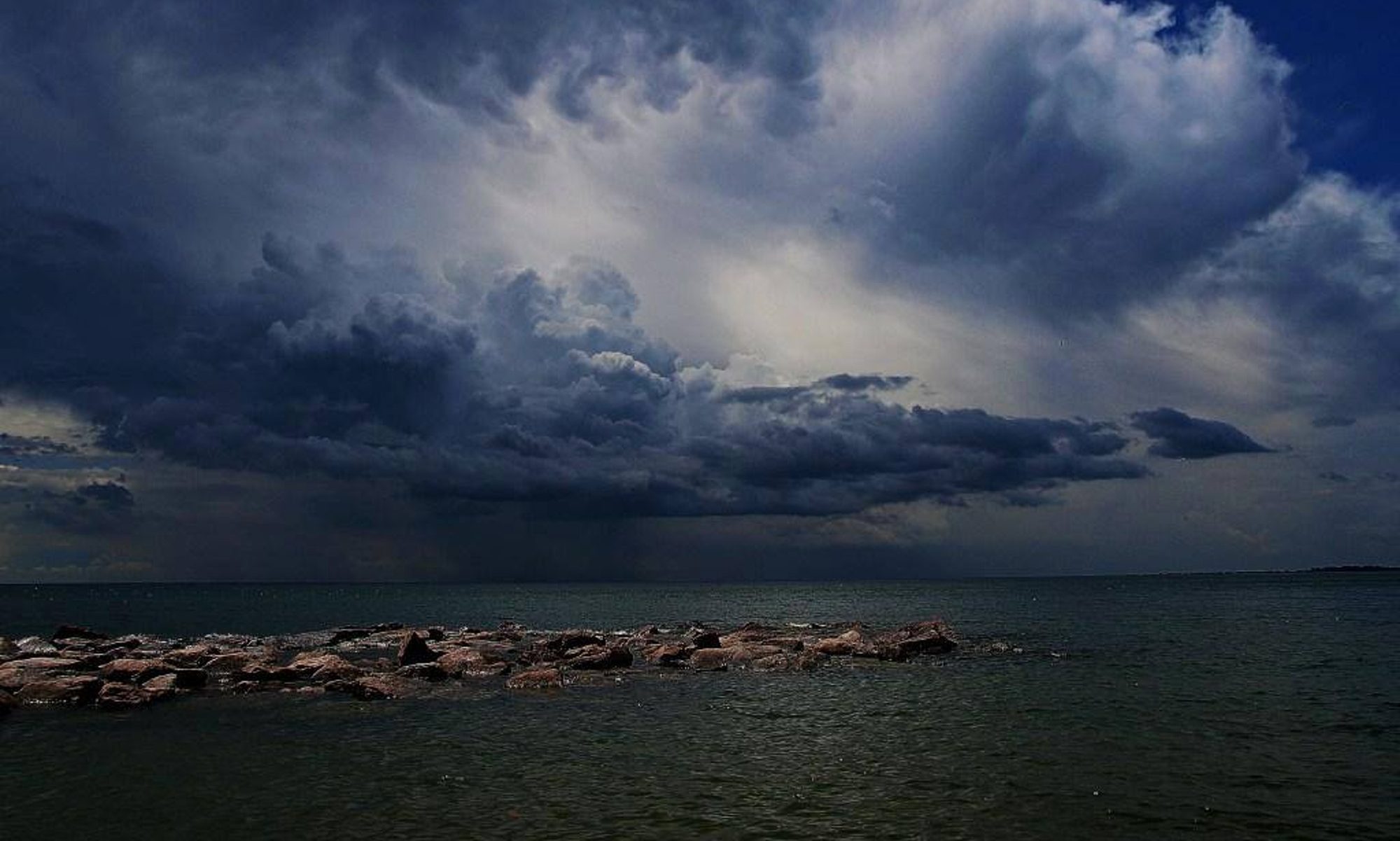

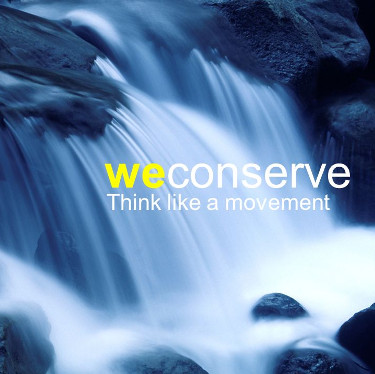

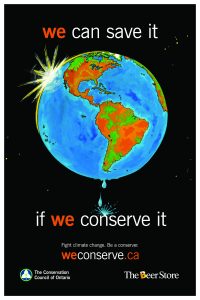 The Beer Store became a major sponsor of the We Conserve campaign, a partner in the Doors Closed campaign. It also ran promotional posters in its 450 retail stores across the Province.
The Beer Store became a major sponsor of the We Conserve campaign, a partner in the Doors Closed campaign. It also ran promotional posters in its 450 retail stores across the Province.
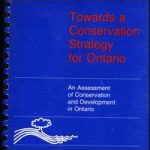 Conservation Strategy for Ontario, a major study supported by the work of seven issue-oriented task forces made up of Council members and other advisors. The report helped pave the way for the Ontario Round Table on Environment and Economy, the Province’s response to the World Commission on Environment and Development.
Conservation Strategy for Ontario, a major study supported by the work of seven issue-oriented task forces made up of Council members and other advisors. The report helped pave the way for the Ontario Round Table on Environment and Economy, the Province’s response to the World Commission on Environment and Development. In the early 1990’s, it was the
In the early 1990’s, it was the  After the 2003 blackout, the CCO responded to the Province’s call for energy conservation with the
After the 2003 blackout, the CCO responded to the Province’s call for energy conservation with the 
